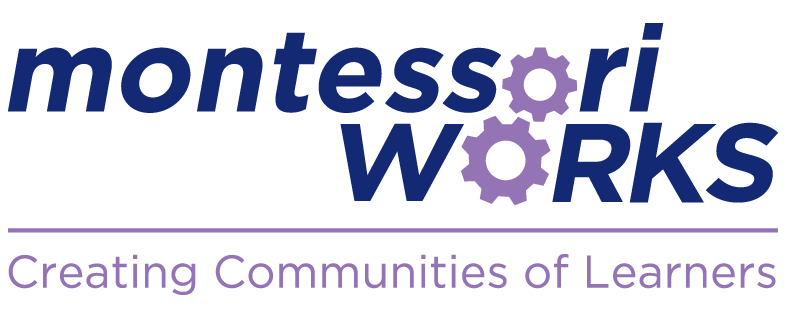Sean Steward and Linda Zankowsky Special to the USA TODAY Network
It’s that time of year again: More than 150,000 children in Delaware are heading back to school. However, fewer than 1,500 are benefitting from Montessori education, meaning fewer than 1,500 children will benefit from this engaging, developmentally appropriate education model.
Parents and policymakers are in position to increase access to these life-changing programs. And – given how the pandemic has only magnified the importance of early childhood education – time is of the essence.
The Montessori model is appropriate for all children because children are at the center of the model. The program adjusts to the child. Instead of expecting children to progress neatly through a regimented day, sitting still and transitioning from one adult-determined activity to the next, the Montessori approach allows children of all ages to explore their environment and follow their curiosity. Montessori classrooms focus on hands-on learning opportunities, allowing children to engage with what interests them most. Teachers act as guides, facilitating the children’s learning and providing the structure needed for children to be self-directed.
While often associated with private schools and programs, there are public Montessori schools in all 50 states and over 500 in total across the country. In Delaware, there are two public programs in New Castle County and a newer one in Sussex County.
Sussex Montessori School is an example of what parents and advocates working together can make possible. Montessori Works, the nonprofit on whose board we both serve, explored opportunities statewide to expand access to Montessori and ultimately raised more than $18 million to build Sussex Montessori on a former dairy farm in Seaford.
This fall, more than 400 children in grades K-5 will flock to the campus, learning indoors and outdoors and teaching their peers in mixed-age classes. To date, more than 51 percent of the students come from low-income households, and 45 percent of the students identify as people of color.
Montessori is working in Delaware, just as it has worked around the world for more than 100 years, when Maria Montessori pioneered the approach in Italy. It worked for the founders of Google and the founder of Amazon. It worked for basketball superstar Steph Curry and culinary superstar Julia Child. It will work for your child as it has worked for ours.
When we asked our children about their days at a Montessori program, they did not say “fine” as children often do. Instead, because children in Montessori programs have choices over how they spend their time, their answers are full of details and enthusiasm. The children want to be there. As a result, when we talk to students at Sussex Montessori, we hear “fun” describing their learning experience much more than “fine.”
The Montessori curriculum often focuses on children from birth to 12 years old but has been expanded to include middle and high school as well. In Delaware, two of the public programs focus on grades K-6 and one focuses on K-8. Delaware families are clamoring for spots in these programs — the three public elementary Montessori programs in our state have more than 500 children on their waitlists.
There is clear demand to grow Montessori programs, and the most impactful area for growth is in early childhood education. After all, “Delaware is in the bottom quartile and behind all neighboring states when it comes to pre-K access and enrollment,” according to a Rodel Foundation report. “Only 845 children, five percent of four-year-olds and two percent of three-year-olds, were enrolled in state sponsored pre-K in 2018-2019.”
That needn’t need to be the case. Research tells us that early childhood education can be transformative, especially during these initial stages of development. Nonprofits like Montessori Works and philanthropic groups like the Longwood, Welfare, and Crystal Trust foundations — which all contributed to creating Sussex Montessori — are committed to expanding early childhood education programming.
The next step lies with parents and policymakers. Parents must make it clear to school district administrators and state lawmakers that they want their children to be able to access a Montessori education. Policymakers must reduce the hurdles to creating new, free models for all Delaware families.
Together, we can make it possible for thousands more children in Delaware to get a strong start through Montessori.
Sean Steward is a Board member of Montessori Works and Sussex Montessori, where one of his children currently attends. Linda Zankowsky is the Board Chair of Montessori Works and Sussex Montessori. Her children attended Montessori through sixth grade.
